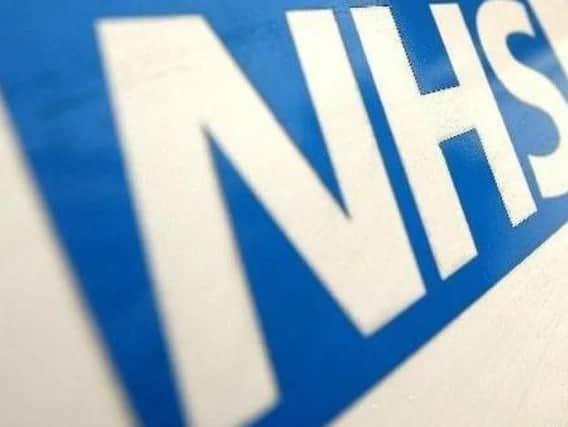Key findings of watchdog's State of Care report


Some hospitals are providing outstanding care while others are under close watch by health leaders after being placed in special measures.
Here are some of the findings of the CQC's The State of Care in NHS Acute Hospitals report.
Advertisement
Hide AdAdvertisement
Hide Ad* Inspectors raised concerns over the physical environment of A&Es which were built when demand was much lower
* Ambulances queuing outside A&E "has been normalised and is routine"
* When examining the four-hour A&E target they found that trusts rated inadequate or requiring improvement experienced the largest decreases in performance
* Inspectors raised concerns about nurses being overstretched on medical wards and a "growing pressure" on junior doctors covering large numbers of acutely ill patients, particularly out of hours
Advertisement
Hide AdAdvertisement
Hide Ad* "Too many" last-minute surgeries were called off because of a lack of beds
* Maternity services are under growing pressure because of higher numbers of women giving birth and more complex cases. In some cases "one-to-one" labour is not achieved because of staffing issues
* With end of life care, which spans whole hospital sites, some organisations view caring for the dying as a "peripheral activity managed solely by a specialist palliative care team, rather than a core activity of the hospital"
* There were problems with decisions not to attempt cardiopulmonary resuscitation - also known as DNRs (do not resuscitate) - where often forms were not filled in properly so a decision was "ambiguous"
Advertisement
Hide AdAdvertisement
Hide Ad* Trusts struggling to balance the books are also likely to be given poorer ratings. The authors wrote: "Our ratings for acute non-specialist trusts against their financial performance shows a correlation between our ratings and the trusts' deficits"
* Variation in care is linked to the quality of leadership, at ward, hospital or trust level
* Ensuring there are enough staff with the appropriate skills mix "remains a challenge for acute trusts"
* Staffing concerns arose across different services, but nurse staffing in medical and elderly care wards is a common concern. Inspectors also found frequent concerns with the numbers of midwives on maternity units and medical staffing shortages in many emergency departments
Advertisement
Hide AdAdvertisement
Hide Ad* Organisations were praised for the care they showed patients, but where issues were identified, these mainly resulted from poor staffing levels
* When staff are stretched too thinly, "compassion can be lost as staff become focused on the immediate task in hand and not on the person in front of them who they are caring for"
* Hospitals are facing "unprecedented" demand for urgent and emergency care. In December a third of trusts issued alerts warning they needed urgent action to cope with the pressure of patient numbers
* Many hospitals face a daily struggle throughout the year to find suitable beds for emergency and planned admissions
Advertisement
Hide AdAdvertisement
Hide Ad* Inspectors said some improvements can be made relatively cheaply. They wrote: "Protecting patients from infection with good hand hygiene and minimising the risks of 'never events' through full use of the World Health Organisation's Surgical Safety Checklist cost very little, and yet we have seen much poor practice"
* An important tool in patient safety is an early warning score system, but: "In many hospitals this is not used proactively or effectively, with staff falling back on their own clinical judgment and not recognising or recording change, or not acting appropriately on the early warning scores. Staff in these cases appear to view the early warning score as a burdensome paper exercise, rather than an essential tool to protect patients"
* Poor multidisciplinary team working has a major impact on the quality of care. "In a minority of services staff were working in professional silos. Generally, this resulted in a rating of requires improvement. In a few services, we found unacceptably poor relations between different staff groups - these services were rated inadequate"
* There were too many examples of trust boards being "too concerned" about their organisation's reputation and this led to a lack of openness about quality issues